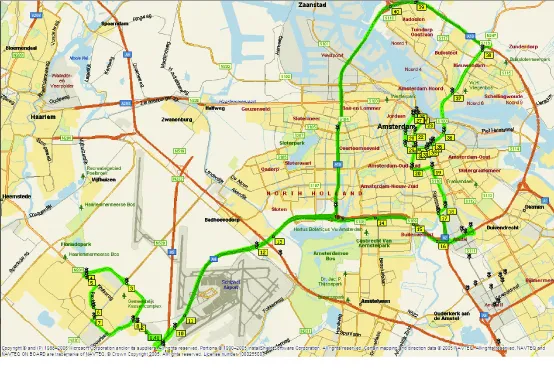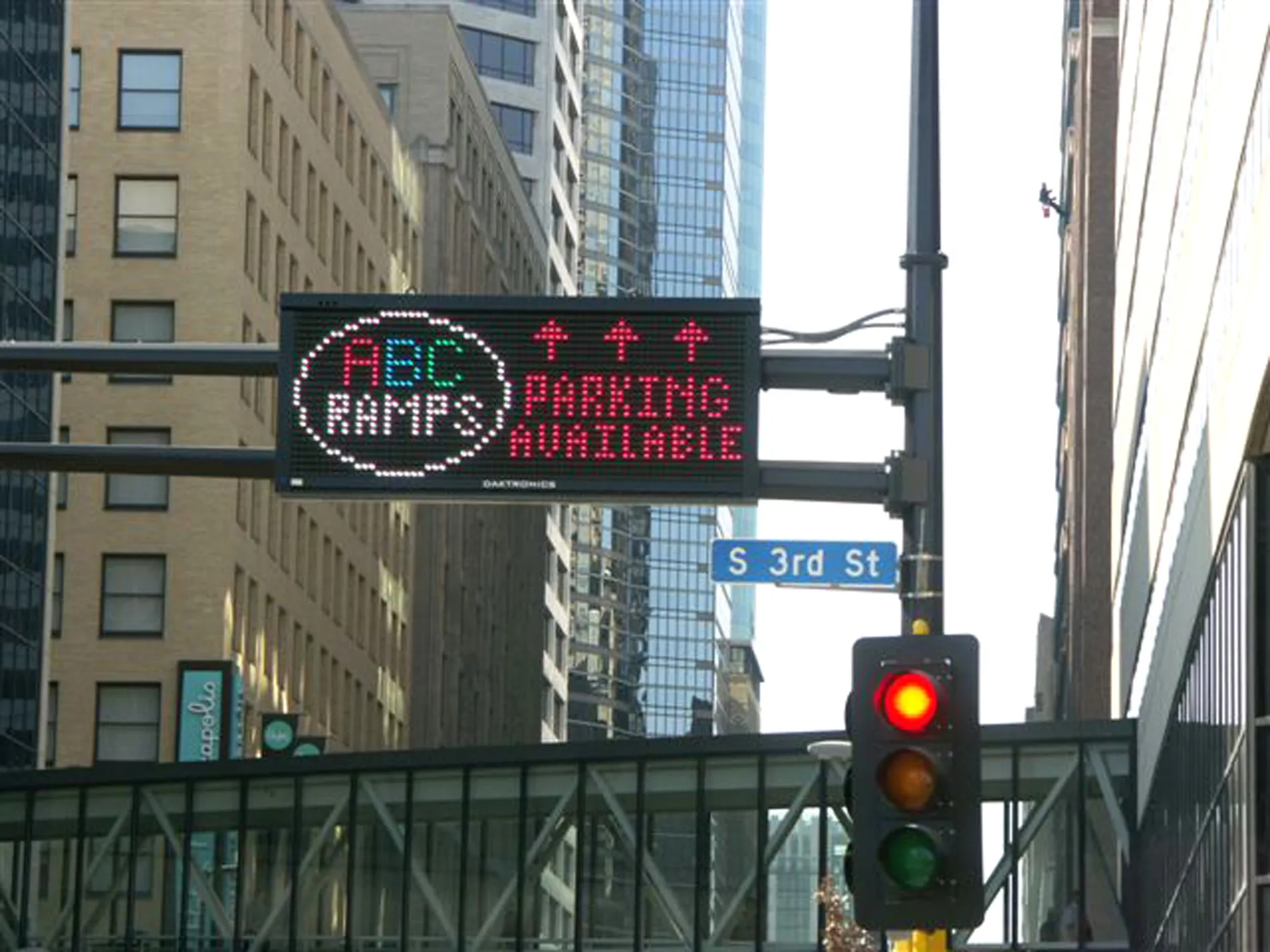Transport experts from the Royal Academy of Engineering are proposing methods to reduce traffic congestion. These proposals are included in a discussion document intended to stimulate debate on congestion issues.
The working group behind the paper includes industry experts and academic researcher. The team looked at technology and policy measures that could reduce congestion in the most critical transport sectors by 2030, evaluating which measures would be effective and value for money.
December 8, 2015
Read time: 3 mins
Transport experts from the Royal Academy of Engineering are proposing methods to reduce traffic congestion. These proposals are included in a discussion document intended to stimulate debate on congestion issues.
The working group behind the paper includes industry experts and academic researcher. The team looked at technology and policy measures that could reduce congestion in the most critical transport sectors by 2030, evaluating which measures would be effective and value for money.
The UK’s road network suffers from some of the worst congestion in Europe. The5432 Department for Transport predicts road congestion will increase by 55% by 2040, with the greatest increases on vital sections of the Strategic Road Network. The paper considers over 20 possible measures but concludes that efficient road pricing offers the single best way to tackle road congestion. By influencing the time of travel and routes taken by drivers, it can achieve a substantial reduction in congestion levels without a significant decrease to the total volume of traffic.
Road pricing schemes are technically viable today and, if properly designed, can be implemented in a cost effective and equitable way, according to the team. However, the authors acknowledge that political and public concerns around such schemes remain a serious barrier, and recognise that any schemes would need to be carefully designed in order to attract popular support. The paper points out that any surplus revenue from such schemes could replace vehicle ownership and fuel taxes, and be used to fund wider improvements in the transport network.
The paper also observes that ‘smart motorways’, incorporating variable speed limits and use of the hard shoulders, have the potential to reduce congestion outside of cities, but are expensive to implement. Within urban environments, a number of measuring including parking controls, car clubs, reformed bus services and light rail systems also offer value for money in reducing road congestion, but to a lesser extent than road pricing.
Professor Andrew McNaughton FREng, who led the group which produced the challenge paper said, “Our country and economy are growing. Our transport systems are struggling to cope. Building new capacity is vital but not the universal answer. This challenge paper sets out how we can get on top of congestion, but only if we integrate technology advances and policy initiatives, and only if we act now. Working together, government, engineers and regulators can make a difference.”
Professor Tony May OBE FREng, lead author of the paper said, “Transport congestion really matters – it’s frustrating, it wastes time for people going about their lives, and it costs money for businesses transporting goods around the country. The technology to deliver an efficient road pricing scheme is available today and has the potential to be very effective. It makes road users aware of the full cost of their travel and encourages drivers to consider other types of journey – be that a different route, a different time or a different mode of transport. There is ample evidence from where it has been applied around the world that it works and attracts public support.”
The paper also suggests ways to reduce congestion for freight traffic, noting the inefficiencies of using many partially-loaded vehicles on city streets at peak times. It recommends re-timing deliveries to off-peak periods where possible, and replacing private car shopping trips with increased home delivery by retailers, updating aspects of competition law that may hinder a more integrated home delivery network.
The working group behind the paper includes industry experts and academic researcher. The team looked at technology and policy measures that could reduce congestion in the most critical transport sectors by 2030, evaluating which measures would be effective and value for money.
The UK’s road network suffers from some of the worst congestion in Europe. The
Road pricing schemes are technically viable today and, if properly designed, can be implemented in a cost effective and equitable way, according to the team. However, the authors acknowledge that political and public concerns around such schemes remain a serious barrier, and recognise that any schemes would need to be carefully designed in order to attract popular support. The paper points out that any surplus revenue from such schemes could replace vehicle ownership and fuel taxes, and be used to fund wider improvements in the transport network.
The paper also observes that ‘smart motorways’, incorporating variable speed limits and use of the hard shoulders, have the potential to reduce congestion outside of cities, but are expensive to implement. Within urban environments, a number of measuring including parking controls, car clubs, reformed bus services and light rail systems also offer value for money in reducing road congestion, but to a lesser extent than road pricing.
Professor Andrew McNaughton FREng, who led the group which produced the challenge paper said, “Our country and economy are growing. Our transport systems are struggling to cope. Building new capacity is vital but not the universal answer. This challenge paper sets out how we can get on top of congestion, but only if we integrate technology advances and policy initiatives, and only if we act now. Working together, government, engineers and regulators can make a difference.”
Professor Tony May OBE FREng, lead author of the paper said, “Transport congestion really matters – it’s frustrating, it wastes time for people going about their lives, and it costs money for businesses transporting goods around the country. The technology to deliver an efficient road pricing scheme is available today and has the potential to be very effective. It makes road users aware of the full cost of their travel and encourages drivers to consider other types of journey – be that a different route, a different time or a different mode of transport. There is ample evidence from where it has been applied around the world that it works and attracts public support.”
The paper also suggests ways to reduce congestion for freight traffic, noting the inefficiencies of using many partially-loaded vehicles on city streets at peak times. It recommends re-timing deliveries to off-peak periods where possible, and replacing private car shopping trips with increased home delivery by retailers, updating aspects of competition law that may hinder a more integrated home delivery network.









